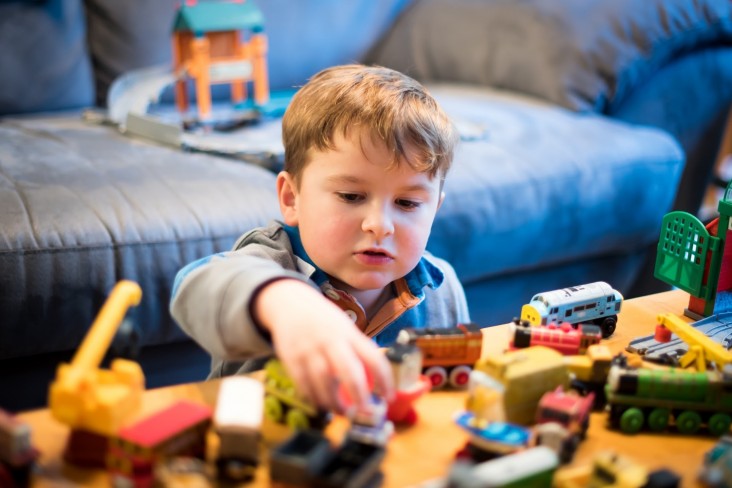February has always been a stressful month for parents and children going back to school. But March is proving even more stressful with the threat of self-isolation looming for many parents of school-age children. That stress is magnified for couples who have split up and cannot agree on where their child should be raised and schooled.
Deciding where a child lives is a guardianship issue and under the law both guardians, usually the child’s parents, must consult with each other and agree which location is in the best interests of the child.
Parents often assume they can make decisions for their children without obtaining the consent of the other parent. This is not the case.
According to the Care of Children Act 2004 a guardian's responsibilities include:
- providing day-to-day care for the child;
- contributing to the child's intellectual, emotional, physical, social, cultural and other personal development; and
- helping to make, or helping the child to make, the important decisions in a child's life.
These include decisions about:
- the child's name (and any changes to it);
- where and with whom the child lives;
- medical treatment for the child;
- where and how the child will be educated. Parents often have very different opinions around schooling and what school to send their child to, but it is a decision that both parents need to agree on; and
- the child's culture, language, and religion.
If you want to move to somewhere else in New Zealand (called “relocating”) and the other parent doesn't agree to this, you must apply to the Family Court for a guardianship direction and parenting order, or for a variation to an existing order.
The Care of Children Act recognises that it's generally in a child's best interests to have a relationship with both parents. Courts must consider a lot of different factors when considering a relocation application, but some parents don’t appreciate the weight the courts attach to a child having a proper relationship with both of that child’s parents. The idea of just seeing Mum or Dad in the summer holidays may in the eyes of the court not cut it, which makes it extremely difficult for a parent who wants to move to convince the Family Court that it is in the child's best interests to relocate.
Relocating a child is a decision that is not taken lightly and because of how life-changing it can be for the child; it is regularly contested.
Some of the factors the Family Court considers in a relocation dispute include:
- the parents' relationship with each other;
- the child's relationships with both parents;
- the impact of relocating the child (e.g. how far away the child would be from the other parent, travel costs, and financial impact);
- the child's age and their ability to adapt and integrate in a new environment;
- what the child wants;
- the well-being of the parent who wants to move; and
- the pros and cons for the child of moving to a new environment.
If you relocate a child without consent, you could (very likely) be ordered to move back until the issue has been determined by the Court. Guardians usually can't take a dispute to the Family Court unless they've already attempted to resolve the dispute through the Family Dispute Resolution process but often an urgent application is filed with the Court because one parent has moved a child without consent.
Most people are unaware of just how restrictive the legislation is around relocating children. They don’t know what they can and cannot do. There are many separated families living in Wanaka and Queenstown and in most cases the children spend most of their time with one parent or the other. Quite often, the parent who looks after the children is trapped. They can’t leave the area because they don’t have the consent of the other parent, but they simply can’t afford to live here.
A lot of couples move to Wanaka from another part of the country or, in some cases, other parts of the world, which makes relocation disputes even more complicated. It’s one thing moving from one main centre in New Zealand to another or from one suburb in Auckland or Wellington to another, where the costs are comparable, but in this region the cost of living is really high. There may not be many suitable jobs, or at least not that many high-paying jobs.
Say, for example, one of the parents is originally from Christchurch and wishes to relocate to Christchurch post separation. Neither parent is particularly wealthy and the cost of flying a child or children from Christchurch to Queenstown, adds up very quickly. Unlike some of the other main centres, you don’t tend to get cheap flights to Queenstown. The other option is a five-and-a-half-hour drive, which will not be a huge hit with the children and costs a lot for petrol.
Each case is judged on its individual merits, but in most cases, it is very difficult to relocate a child. Just because the children are with you ten days out of 14, doesn't automatically give you the right to make the decision to relocate them. Even if the children are staying with you the bulk of the time, when it comes to decisions around children, the other parent must be consulted and must give consent.
In summary, do not assume that just because the children live with you, your ex-partner has no rights. Your ex has the same rights as you until the Court says otherwise.
